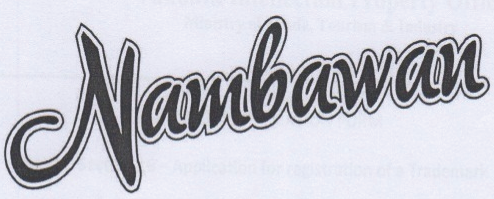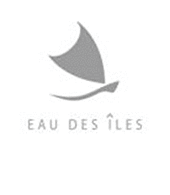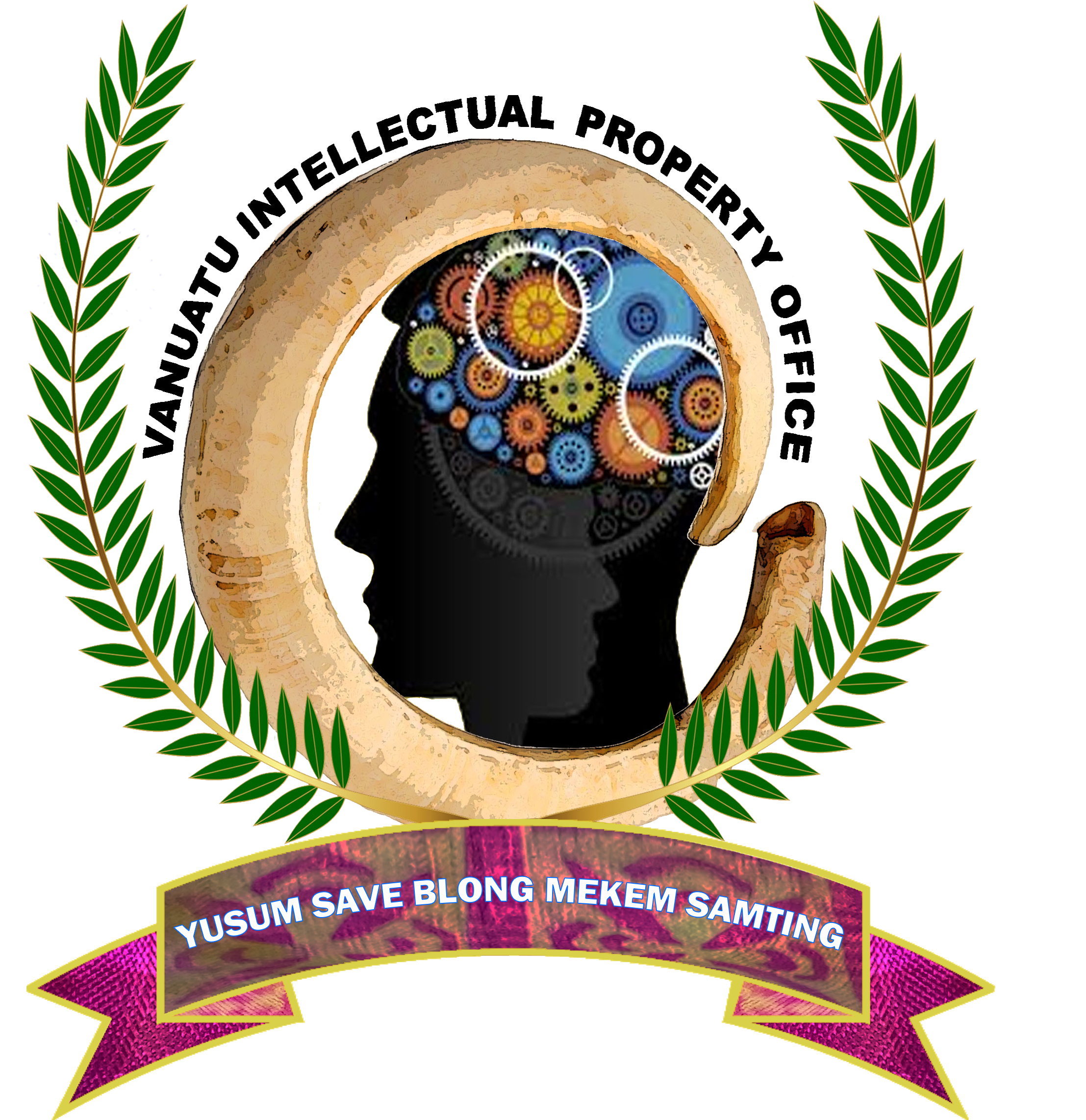A TRADEMARK is a sign or word used, or intended to be used, to distinguish goods or services dealt with or provided in the course of trade by a person from goods or services dealt with or provided in the course of trade by another person. (Trademark Act)
DEFINITION
A TRADEMARK is a sign or word used, or intended to be used, to distinguish goods or services dealt with or provided in the course of trade by a person from goods or services dealt with or provided in the course of trade by another person. (Trademark Act)
DIFFERENCE
Brand - is a marketing tool that can create a living pleasant memory on the consumer. It sums up all experiences that consumer associated with that product as well.
Trademark - is the legal identity of your brand usually comes with brand name, formula to produce product or something that is patented. It gives legal protection to your product in the market.
BENEFITS
- You are legally own the mark.
- You can pursue legal action against infringers.
- Your trademark will appear in searches locally, regionally, and internally.
- Prevent against imported goods with similar confusing mark.
- Easier path to international rights.
PROTECTION
Protection period of each of Trademark registered is 10 years.
To avoid IP infringing within Vanuatu border, businesses in Vanuatu need to ensure that they have recognize distributor certificate or contract from the identify brand or trademark.
CREATING YOUR TRADEMARK TIPS
Compare your intend trademark name, logo or both logo and name to the 5 categories table below.
| Generic Mark | Descriptive Mark | Suggestive Mark | Arbitrary Mark | Fanciful Mark |
| A common term that fails to distinguish one product source from another. | Words that reflect the nature, quality, or contents of a product. | A word or phrase that hints at a product attribute. | A common word used in an unrelated context. | Wholly invented sign, symbol, word, or phrase. |
| Water, elevator, aspirin, beer |  |  |  |  |
| Not protectable | Protectable only with Secondary meaning | Generally protectable | Almost always protectable | Most Protectable |
- Do not choose a term that is considered generic as your trademark as per categories above.
- You may choose a descriptive mark. But the rule is that descriptive marks, geographic terms, and personal names must have an established secondary meaning in consumers' minds in order for approval to be granted.
- You can have suggestive and arbitrary marks also are considered inherently distinctive with their eligibility being determined by whoever is first to register or first to use.
- Having a fanciful mark is the strongest protectable mark.




